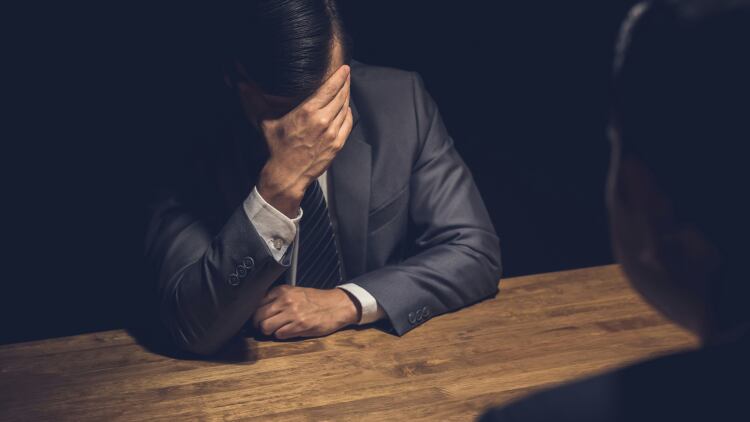At this stage, the regulator has collated some evidence and believes that criminal offences have taken place; they are required to put these alleged offences to the person/company they believe is responsible, giving them an opportunity to make any comments about the evidence. This could be in relation to breaches of a premises licence, a health and safety incident or food safety concerns.
The ‘caution’ is the most important element of this process because it gives the legal footing for what is happening.
A regulator cannot speak to a suspect about potential criminal offences unless the suspect has been given the caution.
This provides a legal foundation, whereby the regulator has to follow certain rules and provides the person being interviewed with options and potential consequences of answering questions or not answering questions.
We all hear the caution being given to people on television programmes and films, and probably never really think about its legal implications. It can be broken down into the following three parts:
“You do not have to say anything” – this is a fundamental right. Every person interviewed under caution has the right to decline to answer questions. After having the benefit of legal advice, there may be good reasons why you are advised not to answer any questions. This does not provide any indication of guilt.
“But it may harm your defence if you do not mention when questioned something which you later rely on in court” – this relates to another legal principle whereby a defendant can have adverse inferences drawn against them, if they rely on something in court that they did not mention during the interview under caution.
This would only bite if a defendant was putting forward a “defence” – so again there may be tactical reasons why you may or may not put forward certain facts in an interview.
“Anything you do say may be given in evidence” – the interviews are taped if attended in person or copies of any written responses can be submitted to the court as evidence. It is a permanent record, and whatever is said counts as evidence, and can be relied upon by either party. Once said, it can’t be taken back!
When considering whether you should take part in the process, you need to consider the implications of how this will affect any potential case against you. It may be that answering the questions is the best course of action or, remaining silent will serve your position best. The effect it can have on your position and future case is extremely important, so seeking legal advice at this stage is critical.
For any legal enquiries please visit Poppleston Allen's website.




